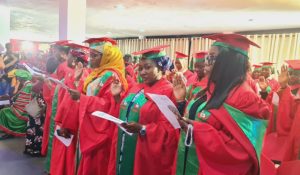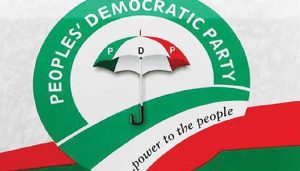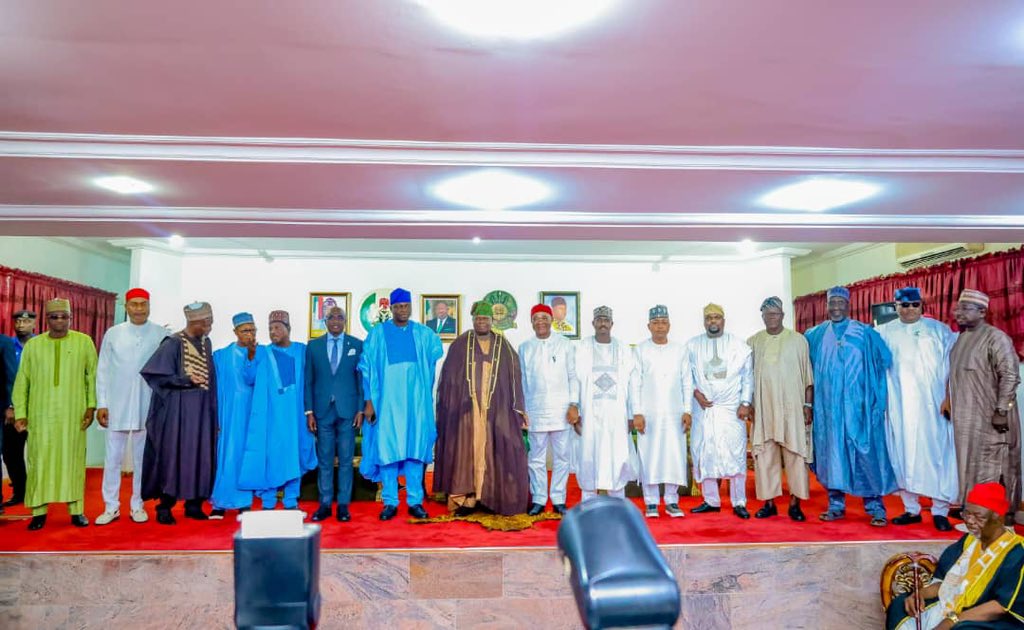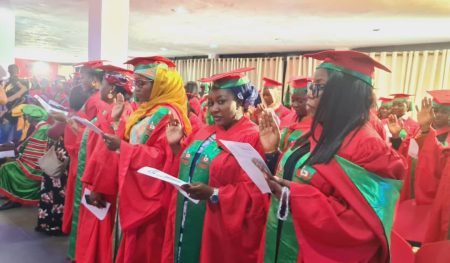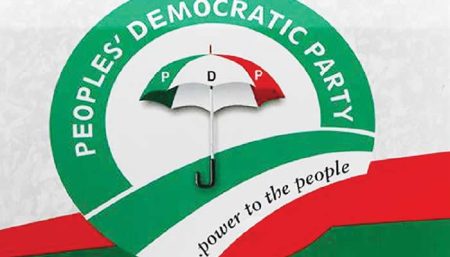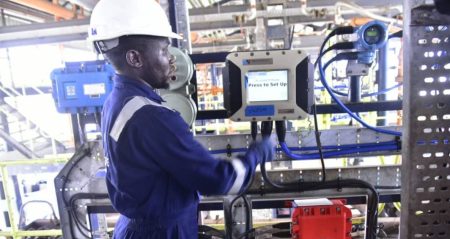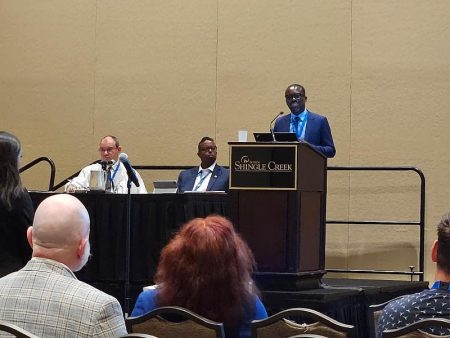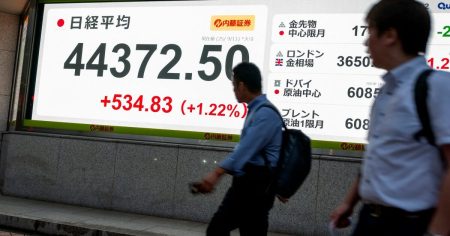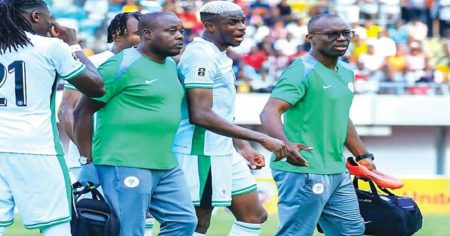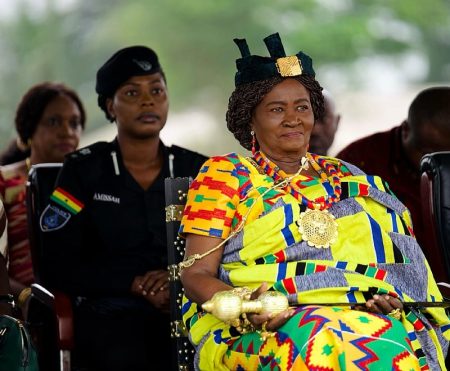The Cry for Security: A Monarch’s Plea to Nigeria’s Leaders
The Gbong Gwom Jos, paramount ruler of the Plateau State Council of Chiefs and Emirs, issued a fervent call to action, urging President Bola Tinubu and state governors to confront the escalating security crisis gripping Nigeria. His appeal, delivered during a courtesy visit by the newly appointed National Chairman of the All Progressives Congress (APC), Professor Nentawe Yilwatda, accompanied by four state governors and other party dignitaries, resonated with the palpable anxiety gripping communities across the nation. The backdrop to this plea was a fresh wave of violence, with reports of attacks on Dimar community in Bokkos Local Government Area, including the burning of a church and over fifty homes in the neighboring Margif community. This stark reality underscored the urgency of the Gbong Gwom’s message, a message that transcended political affiliations and focused on the shared responsibility for national security.
The monarch’s address painted a grim picture of a nation besieged by insecurity, where daily killings had become a tragic norm. He acknowledged the inherited challenges facing the new administration, both in terms of security and economic woes, but stressed that immediate action was paramount. He highlighted the plight of communities in Zamfara, Kaduna, and Plateau states, where incessant violence had crippled farming activities, leading to a looming food crisis. The Gbong Gwom lamented the heartbreaking reality of communities constantly burying their loved ones – young and old, men, women, and children – victims of the relentless insecurity. His words were a poignant reminder of the human cost of the ongoing crisis, a cost borne by families and communities across the nation.
The Gbong Gwom’s appeal was not simply a lament; it was a call to collective action. He addressed the politicians present, emphasizing the shared aspiration for a stable and prosperous Nigeria. He reminded them that while political parties may have differing approaches, the ultimate goal of improving the nation’s fortunes should unite them. He urged them to work collaboratively with President Tinubu to restore peace and security, enabling Nigerians to return to their homes, their farms, and their lives, free from the fear that currently pervades their existence. His call for unity transcended party lines, emphasizing the common ground of national well-being.
Recognizing the spiritual dimension of leadership, the Gbong Gwom implored the governors and politicians to seek divine guidance in their efforts to restore peace and stability. He acknowledged the role of human agency in shaping destiny, but emphasized the importance of aligning those actions with God’s will. This plea reflected a deep-seated belief in the power of divine intervention, a belief often shared within Nigerian society. It underscored the importance of approaching governance with humility and a recognition of a higher power.
The Gbong Gwom’s words carried the weight of a leader deeply concerned for his people. He reminded the assembled political leaders of their accountability, not just to the electorate, but ultimately to God. He reiterated the dire circumstances inherited by the current administration, emphasizing the severity of the security and economic challenges. He reiterated the devastating impact of insecurity on agricultural production and food security, highlighting the tragic loss of life that had become commonplace. His message was a stark reminder of the responsibility they bore, a responsibility to act decisively to alleviate the suffering of the Nigerian people.
The visit by the APC National Chairman and the governors was ostensibly to seek royal blessings for Yilwatda’s new role. However, it transformed into a platform for a powerful message to be delivered. The Gbong Gwom’s heartfelt plea resonated far beyond the walls of his palace, reaching the ears of those entrusted with the nation’s security and future. His words were a stark reminder of the urgent need for action, a call for unity in the face of a common enemy, and a plea for divine guidance in the arduous task of rebuilding a nation grappling with insecurity. The visit, intended as a political courtesy, became a potent symbol of the nation’s yearning for peace and security.


